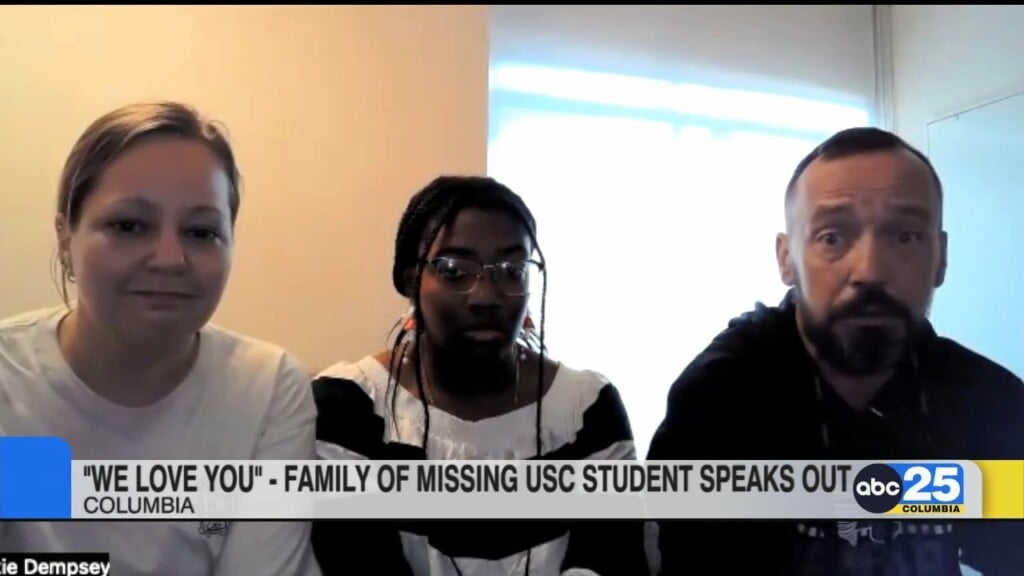Watch: Gov. Haley Introduces New SNAP Working Requirements
Columbia , S.C. (WOLO) — On Thursday, Governor Nikki Haley introduced new working requirements for those receiving SNAP benefits.
The change comes in light of improved unemployment rates in South Carolina. As of April 1, 2016, people getting SNAP benefits that are categorized as able-bodied adults without dependents need to be participating in the workforce or job training for 20 hours a week.
“We have more people working in South Carolina than ever in the history of the state,” explained Governor Haley. “So now this is the new group of individuals we want to help get into a better position in life and we think the best way to do that is help them get the training and help them get the jobs that they need so that they can move forward.”
To meet the new standards, qualified residents on food stamps will have 3 months to meet the new work requirements before they lose their benefits and will work closely with state agencies to comply.
“They need to be in contact with their DSS contact letting them know that they are working or they have this training program, or a combination of the two, and therefore, their case worker is the one who can help them meet that requirement and help them keep their SNAP benefits,” said Lee Patterson, Richland County Library Social Work Program Coordinator.
Patterson says the new requirements will motivate more people to join the workforce and improve their lifestyle.
“If you’re working, you’re able to make other ends meet aside from just food,” said Patterson. “You can pay for rent, gas or health needs so when you’re working you’re able to help take care of your families.”
According to the Governor’s office, able-bodied adults without dependents are exempt from the new requirement if they fall under under one of the following categories: Unable to work due to physical or mental concern, responsible for a dependent child or incapacitated person, pregnant, residing in a home with a household member under the age of 18, applying for or receiving unemployment benefits, an eligible student enrolled in school at least part-time, or a regular participant in a drug/alcohol treatment and rehabilitation program.

